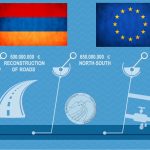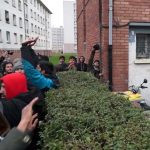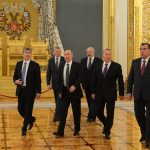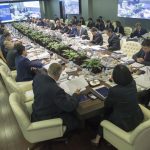- 15 July, 2019
- Foreign Policy
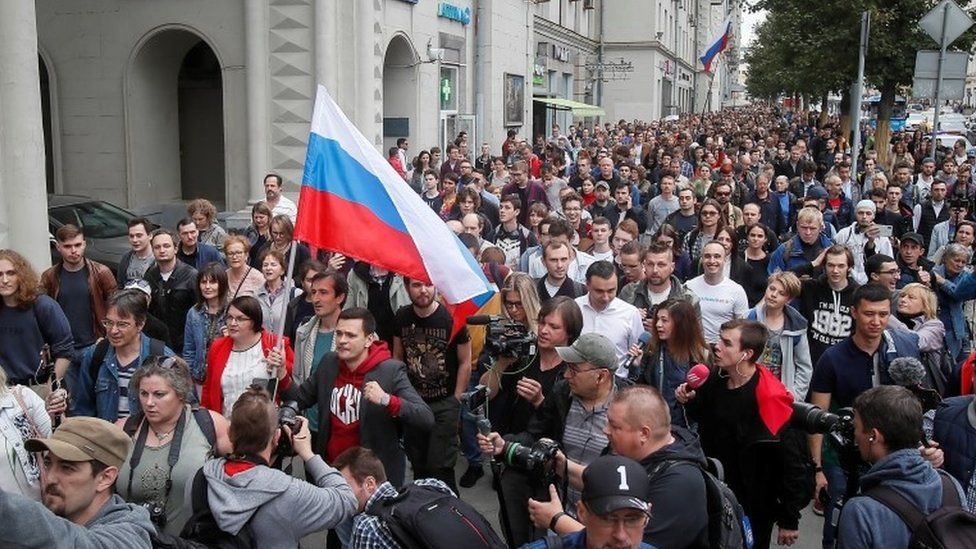
After mass protests in Russia in 2011-2013, the street protests in that country had reduced dramatically, but recent developments have shown that Russians actively use their right to hold protests despite difficulties imposed by the legislation, and sometimes even succeed.
Mass protests began in Moscow and other cities against widespread electoral frauds after the December 2011 parliamentary elections in Russia. The rallies continued on a regular basis in 2012 during presidential candidate Vladimir Putin’s campaign and after the election. The peak of the protests was the “Millions’ March” against Putin’s inauguration on May 6, 2012. The protests in 2013 demanded release of citizens and political leaders subjected to criminal prosecution after the protests in 2011 and 2012.
After the demonstrations in Russia in 2011-2013, the procedure for organizing protests was made significantly more complicated, and, as a rule, the law enforcement authorities conduct mass detentions of the participants of protests, and punish organizers.
It is noteworthy that in 2014 there were no major political protests in Russia, and protests were only held locally against, for example, building environmentally hazardous industrial facilities. In total, there were about 300 participants in different comparatively major protests that year.
In 2015, truck drivers throughout the territory of Russia complained about the new payment system for driving through federal roads. These rallies and strikes also received response from political forces, but the demands of truck drivers were met partially. Many drivers participating in the rallies were fined and prosecuted.
In 2016, the protests of Russia’s truck drivers partially continued, but the most prominent demonstrations during that year were the protests against the so-called “Yarovaya Package” in a number of major Russian cities. These protests in Moscow and St. Petersburg were not permitted by the authorities. According to Yarovaya anti-terrorist package of bills, mobile operators and Internet companies in Russia should keep correspondence and conversations with their subscribers. The protests, however, did not produce results, and legislative amendments were adopted.
Opposition activist Alexei Navalny called for two anti-corruption protests in 2017, during which protests were held in many cities. However, Alexei Navalny was unable to attend the rallies, as he was detained at the very beginning and subsequently sentenced to short-term imprisonment. These protests were marked by a large number of young participants. In addition, a record number of activists were detained during anti-corruption rallies. Among other prominent events in 2017 were the demonstrations of protesters in Moscow against the dismantlement of five-story buildings from the Soviet era, which also received significant response from the media and political forces.
On March 18, 2018, presidential elections were held in Russia, but opposition figure Navalny was not able to run in the elections. In this connection, rallies and marches were held in many Russian cities, demanding from the RF Central Electoral Commission to register Navalny’s candidacy, and then calling on citizens to boycott the elections.
In 2018, the pension reform proposing to raise the retirement age also caused a wave of protests in Russia. Protests against this reform took place in many large cities of Russia, and as a result President Vladimir Putin softented the proposed amendments and, in fact, went to a compromise.
This year protests started in Yekaterinburg, where local residents were fighting against the construction of a new church in the city center. Despite skepticism, protests in Yekaterinburg were successful, and demonstrators were able to prevent the construction of the undesirable church.
The arrest of Aleksandr Golunov, the investigative journalist from “Meduza” website, on charges of alleged drug trafficking sparked a large wave of protests. Golunov, who is involved in investigations of a number of corruption schemes in Moscow, claimed that the case related to drug trafficking was fabricated and that the indictment and the information published by the police only confirmed the innocence of the journalist. As a result, nearly all Russian journalists and ordinary citizens united around Golunov. Due to the protest actions, they stopped the persecution of Golunov, his case was dropped, police generals were dismissed, and Vladimir Putin criticized what had happened.
However, after the release of Golunov, another demonstration took place in Moscow on June 12, on Russia Day, the participants of which were massively detained.
A larger protest took place in Moscow on July 14. This year city duma elections will be held in the Russian capital, but independent oppositional candidates are not allowed to participate in them. On July 14, thousands of citizens came out to Moscow streets protesting against this circumstance. It is noteworthy that the police did not intervene, and started dispersing the crowds only in the evening. As a result, many activists were detained. It is yet unclear what impact and results these protests will have. At the same time, it cannot be ruled out that a new wave of protests will rise in Moscow during or after municipal elections.
In general, however, it should be noted that, unlike the 2014, 2015 and 2016 demonstrations, protests in Russia in 2017, 2018 and 2019 have been more political in nature. In addition, taking into account the success of demonstrations in Yekaterinburg and in connection with Golunov, it is possible that more and more people will be involved in further protests and demonstrations in Russia.
Vahe Ghukasyan
Union of Informed Citizens

